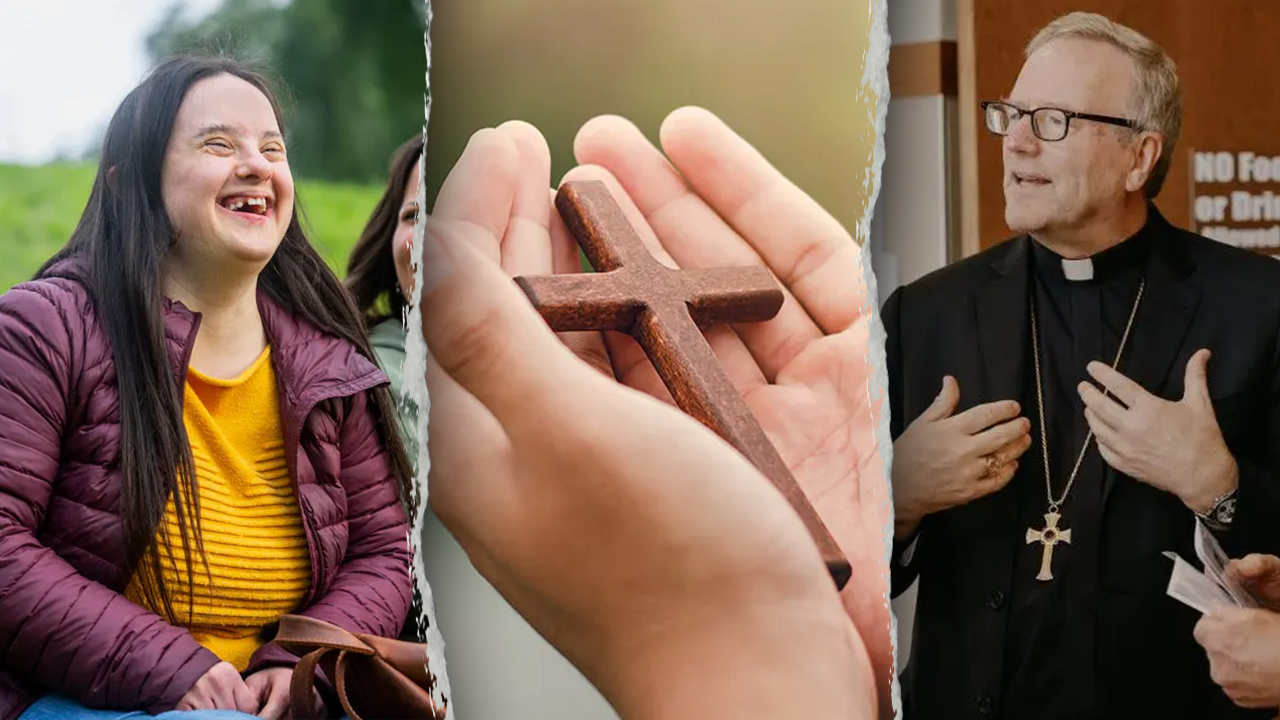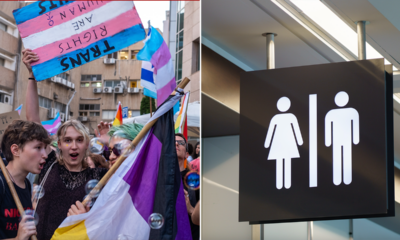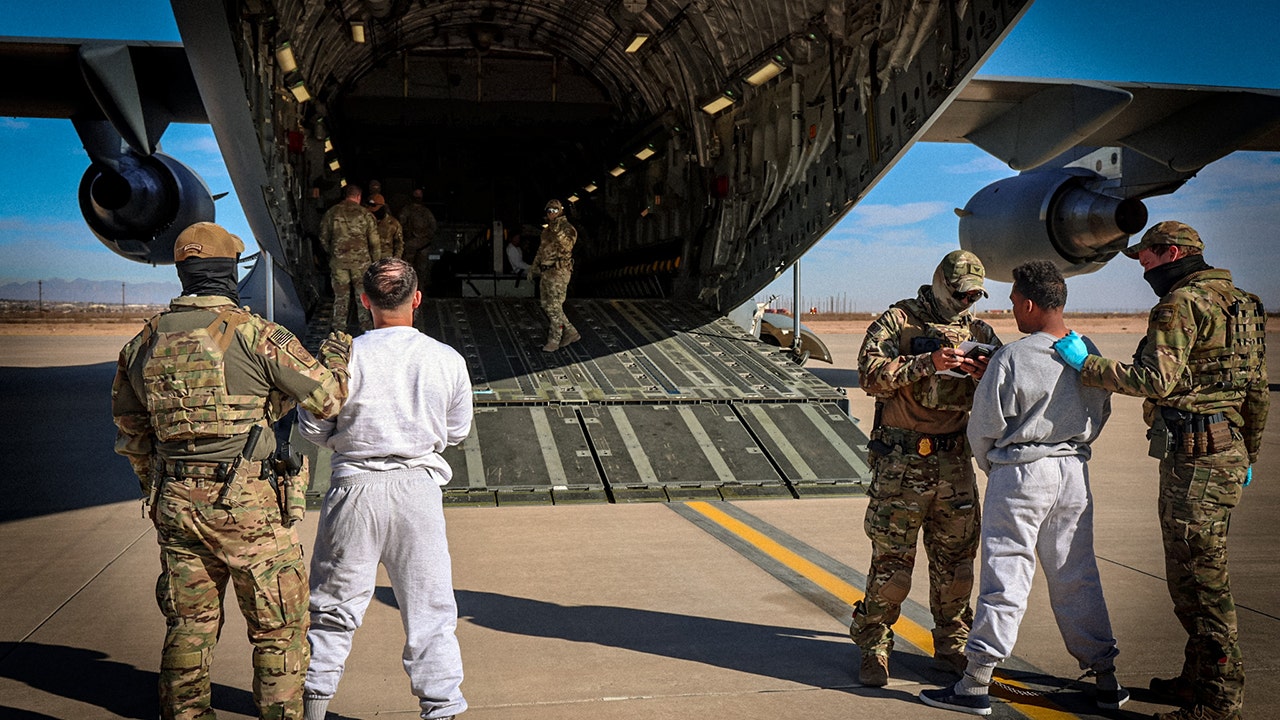The Nuggets got deep fried on Friday in Portland.
Here are three takeaways from Denver’s 128-109 loss at Moda Center:
1. That looked a lot like an effort loss. A Portland team playing without its best big men grabbed 15 offensive rebounds and turned those extra possessions into a 26-10 advantage in second chance points. All five of Portland’s starters grabbed multiple offensive rebounds, while Duop Reath came off the bench and grabbed a team-high four offensive rebounds. Hunter Tyson, who only played the final 4 minutes and 19 seconds, led Denver with three offensive rebounds. Four Trail Blazers grabbed six or more rebounds, while Michael Porter Jr., Christian Braun and Peyton Watson led Denver with five boards apiece.
Friday Faceoff: Is playoff seeding or rest more important for the Nuggets?
2. Turnovers were another big issue for the Nuggets, and no player had more issues protecting the ball than Russell Westbrook. The veteran guard started with Nikola Jokic again out of the lineup and committed nine of Denver’s 21 turnovers. Those giveaways led to 25 more Portland points. No other Denver player committed more than three turnovers. Westbrook is at his best when he toes the edge between ultra-aggressive and out of control. There were bright spots, as Westbrook recorded 18 points on 13 shots with four rebounds, four assists and three steals, but the turnovers undid all of that.
Nuggets vs. Lakers | 3 takeaways from Denver’s loss in Los Angeles
3. It was a pretty pedestrian return to the rotation for Jamal Murray. He managed 10 points on as many shots in 35 minutes on the court. On a night Jokic watched the action from the bench in a Prada sweater, Murray had more than enough space to be more aggressive. Instead, Denver’s second-leading scorer took fewer shots than Westbrook (13) and Watson (11), while Porter and Gordon also took 10 shots. Murray grabbed four rebounds, dished out a couple of assists and recorded a couple of steals to supplement his stat line, but the Nuggets needed a more lethal scoring punch in Portland.
UC San Diego’s Milos Vicentic, BYU’s Mihailo Boskovic following Nikola Jokic’s footsteps at Ball Arena
TRAIL BLAZERS 128, NUGGETS 109
What happened: The second quarter started in a 30-30 tie. Denver led 59-54 at halftime, but Portland took a six-point lead to the fourth quarter and pulled away in the fourth to drop Denver to 44-27 on the season.
What went right: Aaron Gordon continued to score efficiently since returning from injury. Denver’s starting center with Nikola Jokic out of the lineup for a third consecutive game led the team with 23 points on 10 shots from the field. He also went 10 for 12 on free throws with four assists and three rebounds in 32 minutes of playing time. He’s led the Nuggets in scoring the last three games.
What went wrong: Sure, the Nuggets were without Jokic, but Portland won despite missing Deandre Ayton, Donovan Clingan, Jerami Grant and Anfernee Simons. That wasn’t an issue for Deni Avdija, who dropped 36 points, eight rebounds, seven assists, three steals and a block in the win.
Highlight of the night: Peyton Watson broke a 40-40 tie in impressive fashion early in the second quarter. Watson used a hesitation move to beat Duop Reath down the baseline and took off for a reverse dunk. The only thing that wasn’t smooth was the landing. Watson looked uncomfortable running back down the court but didn’t come out of the game.
Up next: The Nuggets conclude their four-game road trip with a Sunday matinee in Houston.































